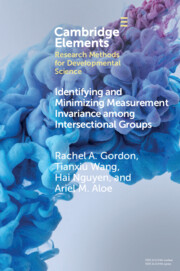Davies and Fletcher (2001) reported on the practice of pre-primary grade repetition in Western Australia. The current study examines the longer-term academic and social outcomes for children who participated in the 2001 study. Its purpose was to determine whether significant longer-term differences existed between children who had repeated pre-primary, children who were considered at risk of not coping in year 1, and a control group of children who were considered competent at the start of year 1. The differences between the literacy levels, self-concept, and social skills of the 3 groups (ṉ = 33) were examined at the end of year 2. The competent group had significantly better literacy skills than the at-risk group, while the retained group lay midway between the two groups on these measures. No significant differences were found between the 3 groups on measures of socio-emotional development. The implications of these findings for school policy on grade repetition are discussed.
